Disease Control In Jersey Cattle
Did you know that Jersey cattle, renowned for their high-quality milk production, are peculiarly prone to certain diseases such as lymphosarcoma and facial eczema? As experienced breeders, we’re well aware that these diseases can significantly affect the overall health and productivity of our herds, making disease control an essential aspect of our work. Devising and implementing effective disease control measures, from regular veterinary check-ups and targeted vaccination programs to balanced nutrition, are all part and parcel of our work. But how exactly do these diseases affect Jersey cattle and what more can we do to prevent them? Let’s delve into the finer details to better understand the problem and explore potential solutions.
Key Takeaways
- Disease prevention strategies, such as vaccination schedules and biosecurity measures, are crucial for controlling diseases in Jersey cattle.
- Regular health checks and early detection of health issues are important for maintaining cow and calf wellness and ensuring the profitability and sustainability of Jersey cattle farming.
- Diseases can have a significant impact on dairy production, including decreased milk yield and quality, increased vet expenses, and shortened productive lifespan of cattle.
- Treatment options and techniques for controlling diseases in Jersey cattle include natural remedies, veterinary treatments, proper management practices, and utilizing phenotypic data for genomic predictions and treatment guidance.
Common Diseases in Jersey Cattle
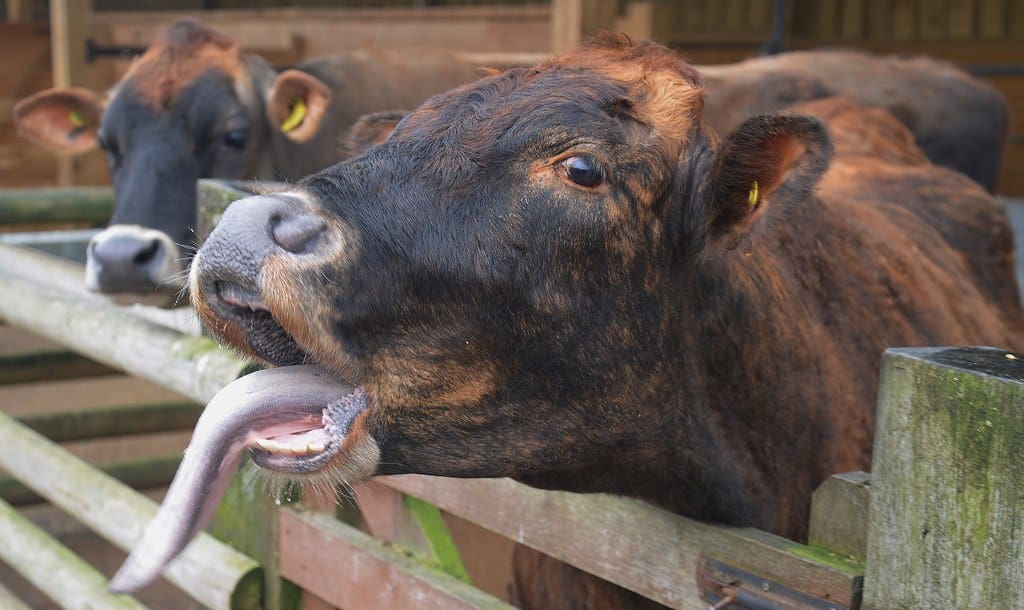
In our work with Jersey cattle, we’ve come across several common diseases, starting with severe parturient udder edema – a painful condition marked by swelling and inflammation of the udder during calving. This ailment poses a significant risk to the health of these dairy cows. The Dairy Cattle Breeding statistics have shown that fetuses in Jersey cattle with defects often end up stillborn, indicating another major health disorder in this breed.
We’ve also observed lymphosarcoma as a common disease in Jersey cattle. This condition is the most frequent orbital tumor in dairy cattle, leading to progressive exophthalmos and exposure keratitis. Additionally, dystocia due to inadequate dilation of the vulva and vestibule can occur, often resulting from inherited conditions or previous parturient injury.
The good news is that phenotypic records ranged over years provide producer-recorded health event data, which is instrumental in managing these diseases. By focusing on wellness traits in Jersey cattle, we can significantly improve the overall health of the herd. Selecting for these traits offers dairy producers valuable insights, potentially managing disease incidence and boosting profitability. As we continue our work, we remain committed to enhancing the health of Jersey cattle at every stage.
Disease Prevention Strategies
As we delve into disease prevention strategies, it’s crucial to note that implementing a vaccination schedule as recommended by a veterinarian can greatly curb the onset of common diseases in Jersey cattle. This is a vital part of maintaining the wellness of our Jersey Dairy herd.
Biosecurity should be paramount in your strategy as it halts the spread of infectious diseases and protects the health of the entire cattle herd. Similarly, a clean, well-ventilated environment is a must as it lessens the risk of respiratory diseases.
Nutrition is another key trait for disease prevention. A well-balanced diet fuels the immune system, enabling our cows to better fend off illnesses. Regular monitoring and prompt action when signs of illness appear are also crucial.
In our experience, leveraging data from Jersey cattle using producer-recorded traits has been invaluable. With this, we have been able to make informed decisions, thus enhancing the overall health of our herd. Genomic information, in particular, has been instrumental in identifying susceptibility to diseases.
Treatment Options and Techniques
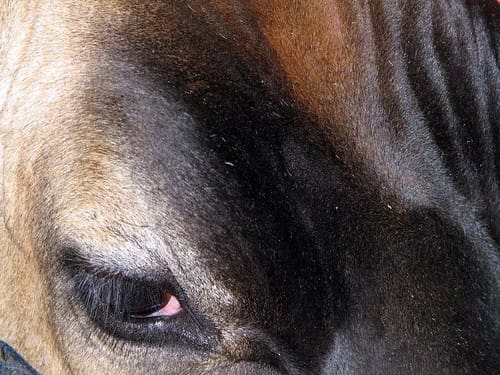
Turning our focus to treatment options and techniques, we find that both natural remedies and veterinary treatments play vital roles in managing and fixing health issues in Jersey cattle. Natural remedies, such as herbal concoctions and dietary supplements, have proven to be effective in promoting cow wellness traits included in the overall health of these dairy animals.
Veterinary treatments, however, are still indispensable, especially when dealing with serious health conditions. These may range from medication to surgical procedures, depending on the clinical signs presented. Phenotypic data on health is often utilized to make genomic predictions for wellness, guiding the treatment process.
We’ve observed that proper management practices during the calving season significantly help producers reduce the risk of disorder in the base health of Jersey cows. This includes ensuring optimal nutrition, proper housing, and stringent hygiene measures.
In our experience, early detection and immediate consultation with a vet are crucial. This is why farmers are urged to stay vigilant for any signs of ill-health, as prompt action can mean the difference between a mild health issue and a severe condition that can impact the entire herd.
How Can Disease Control Measures Help Prevent Common Health Issues in Jersey Cattle?
Disease control measures play a crucial role in preventing common health issues in Jersey cattle. Regular vaccinations, proper hygiene, and regular health check-ups can help to minimize the risk of common health issues in Jersey cattle, ensuring their overall well-being and productivity.
Importance of Regular Health Checks
Building on the idea of early detection and immediate consultation with a vet, we can’t stress enough the need for regular health checks to monitor and maintain the overall well-being of Jersey cattle. It’s a key component of disease control in Jersey cattle.
In cooperation with Zoetis, producers upon obtaining data on health events have been able to develop genomic predictions for wellness traits in US Jersey cattle. These traits included mastitis (MAST), a common ailment in dairy cows.
Implementing regular health checks allows for timely genomic evaluation for wellness. The table below highlights the importance of regular health checks.
| Early Detection | Genomic Evaluation | Cow and Calf Wellness | |
|---|---|---|---|
| Mastitis (MAST) | ✔ | ✔ | ✔ |
| Lameness | ✔ | ✔ | ✔ |
| Reproductive Issues | ✔ | ✔ | ✔ |
Each check-up is a step toward freedom from disease and towards cow and calf wellness. By monitoring and managing health issues, we can ensure the profitability and sustainability of Jersey cattle farming. Regular checks are not just crucial; they’re fundamental for disease control in our beloved Jerseys.
Impact of Disease on Dairy Production
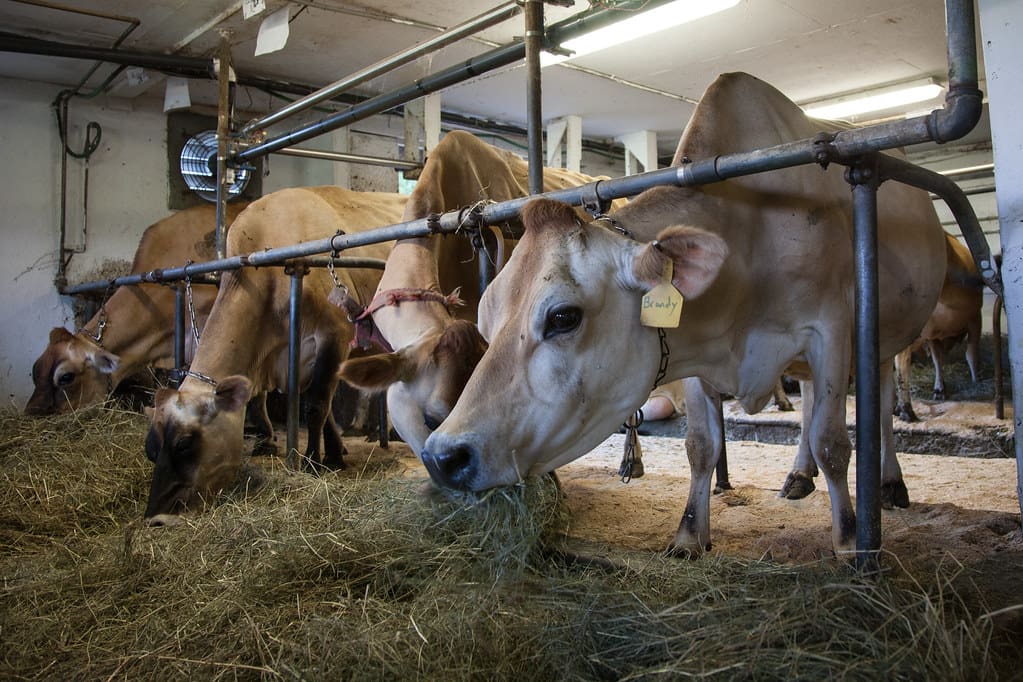
Disease’s grip on dairy production can dramatically harm our bottom line, leading to decreased milk yield and quality, heightened vet expenses, and increased culling rates. This is particularly true for the Jersey breed, one of the most economically important dairy breeds in the United States.
The impact of disease on dairy production is far-reaching. It’s not just about the immediate loss of milk production. Disease control in Jersey cattle is crucial for maintaining production efficiency, as health issues necessitate additional labor and resources, impacting our operational efficiency.
Moreover, diseases can shorten the productive lifespan of our cattle, leading to increased culling rates. This is an area where the wellness traits in US dairy breeds, such as the Jersey, are of paramount importance. Encouraging cow wellness can help us mitigate these impacts, promoting longevity and productivity in our herds.
In our kitchen, we only use cultures from Cultures for Health.
Get yours here and start culturing today.
Popular Articles
Newsletter
Get signed up to get latest updates and new information from the Jersey Milk Cow!
This site uses Akismet to reduce spam. Learn how your comment data is processed.

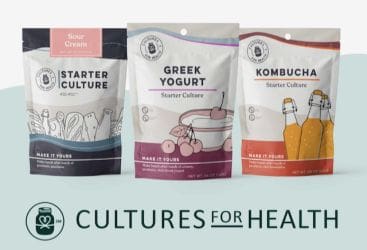
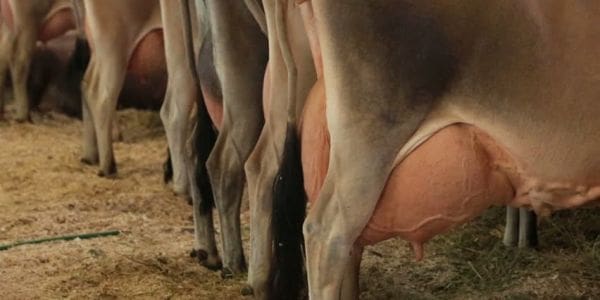
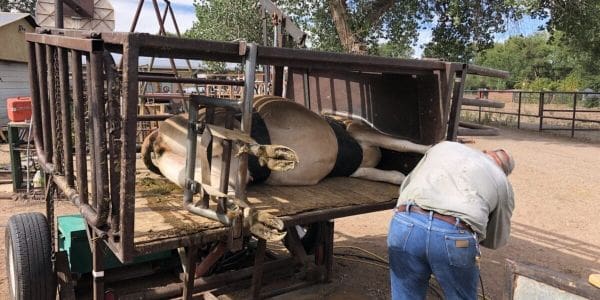
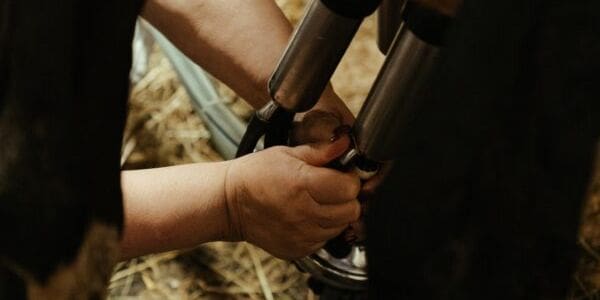
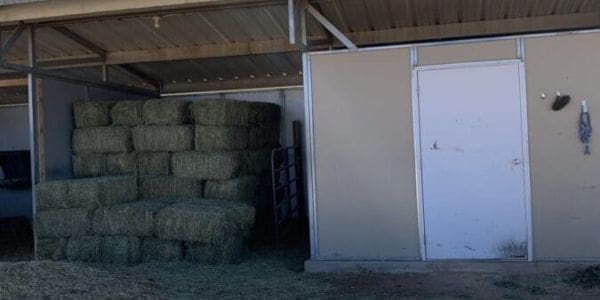
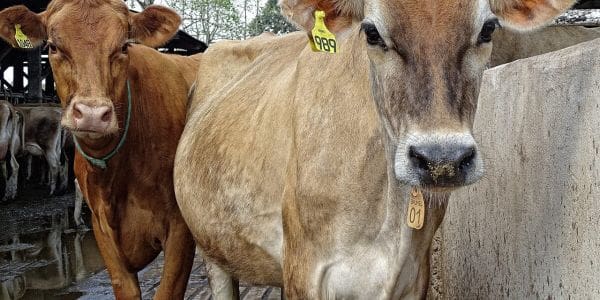

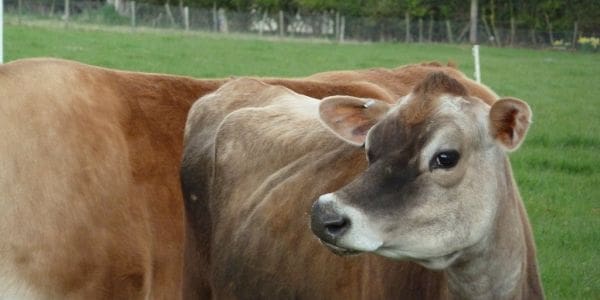
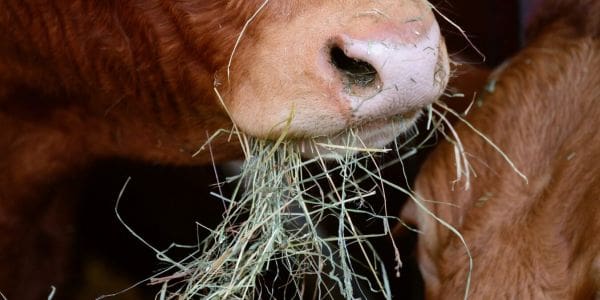

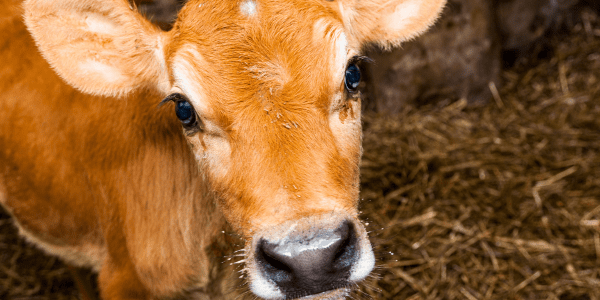
Leave a Reply